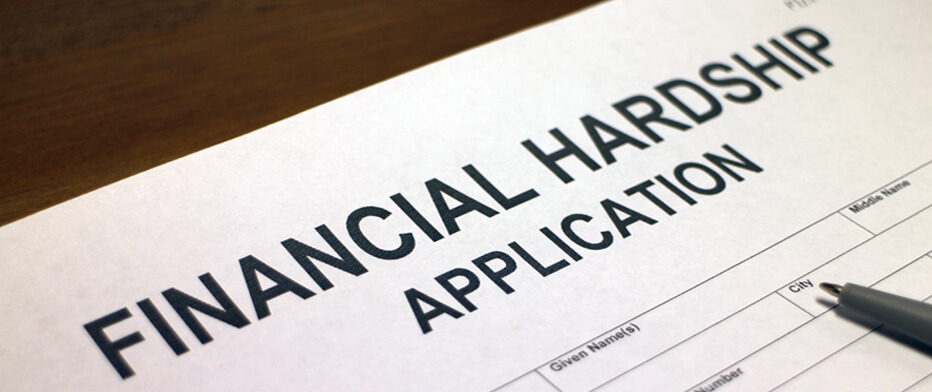Is Debt Settlement Really Worth It?


Key Takeaways
- Debt settlement could allow you to change the original terms of a loan contract and permanently reduce the amount you owe the creditor.
- In many cases, debt settlement companies can reduce the balance significantly more than doing it yourself.
- To determine whether debt settlement is worth it, you must consider what happens if: you do nothing, utilize an alternative debt relief program, negotiate yourself, or hire a professional debt settlement agency.
Debt settlement gets a bad rap because creditors want you to repay the total amount owed, and creditors largely control the public conversation. When you enter a debt settlement program, you begin to understand that creditors may not have as much power as you once thought.
The truth is lenders with unsecured loans do not have any form of collateral to take. That puts them in a position where they are likely to negotiate a lower payoff if you are struggling to pay the bill.
The question becomes, is it worth the cost to settle your debt?
What Is Debt Settlement and How It Works?
Debt settlement is a legal debt relief program that allows creditors to alter the original loan agreement. In most cases, it includes reducing the payoff and repayment terms. Instead of making small monthly payments forever, the creditor accepts a lower payoff in exchange for a lump sum or short series of payments.
The caveat is that to qualify for debt settlement, you must have a financial hardship that prevents you from paying the account in full. In other words, you must have a significant delinquency to demonstrate your financial struggles.
Debt settlement companies help in two major areas. First, they establish a dedicated savings account. You make monthly contributions available for payments once the company reaches an agreement with the creditor. Second, the company negotiates the settlement terms, which often reduce the amount you owe by 30 to 60% of the balance at enrollment.
What is the Cost of Debt Settlement?
The direct cost of debt settlement is the fee you pay the company for their professional services. In most cases, you pay 20 or 25% of the enrolled balance.
Next is the indirect cost, which primarily is damage to your credit score. A lower credit score could cost you money if you need to borrow money or apply for services like switching cell phones or cable providers. If you do not need a loan or new services in the next year, the temporary reduction in your credit score may have little impact on your life.
How Much Will You Save Through Debt Settlement?
Debt settlement saves you money by lowering the amount you must pay to eliminate existing debts. The service deals with unsecured debts such as credit card accounts, delinquent medical bills, late utility payments, deficiency judgments, and so forth.
Companies can save anywhere from 20 to 80% of the enrolled balance. Through the program, you can eliminate all qualified debts within two to four years.
When is Debt Settlement Worth It?
Debt settlement makes sense if you have a steady income but are struggling to pay existing debt balances. Making minimum payments on the high-interest debt could cost you thousands of dollars in interest. Adjusting the terms of the loan could not only save you money but could allow you to be debt-free within a few years.
You must also consider your need for credit in the next 12 to 24 months. The negotiation process requires you to miss payments on enrolled debt, which will cause your credit score to drop. However, the decline is temporary, provided that you make all future payments on time. If you do not need access to credit or plan to change services, you may see little impact as you pay off debt and rebuild your credit.
If you are ready to eliminate high-interest debt and have enough income to set aside something toward debt reduction each month, debt settlement may be the fastest and least costly way to pay off your current debt.
FAQ

REPRESENTATIVE EXAMPLE OF APR
If you borrow $30,000 over a term of 5 years (60 months) with an APR of 4.99% you will pay $566.00 each month. The total amount payable will be $33,959.97, with total interest of $3,959.97.
ANNUAL PERCENTAGE RATE (APR)
Annual Percentage Rate (APR) represents the annualized interest rate you are charged for borrowing. It is the combination of the nominal interest rate and some additional costs such as fees involved when incurring debt. Our lender offers APRs for personal loans, cash advance loans, installment loans and debt consolidation loans from 4.99% to 35.99%. Since New Start Capital does not directly issue loans, we cannot deliver any specifics or guarantee the APR you will be offered. The APR depends solely on your lender’s decision, based on various factors including your credit score, credit history, income, and some other information you supply in your request. For more information regarding the APR contact your lender.